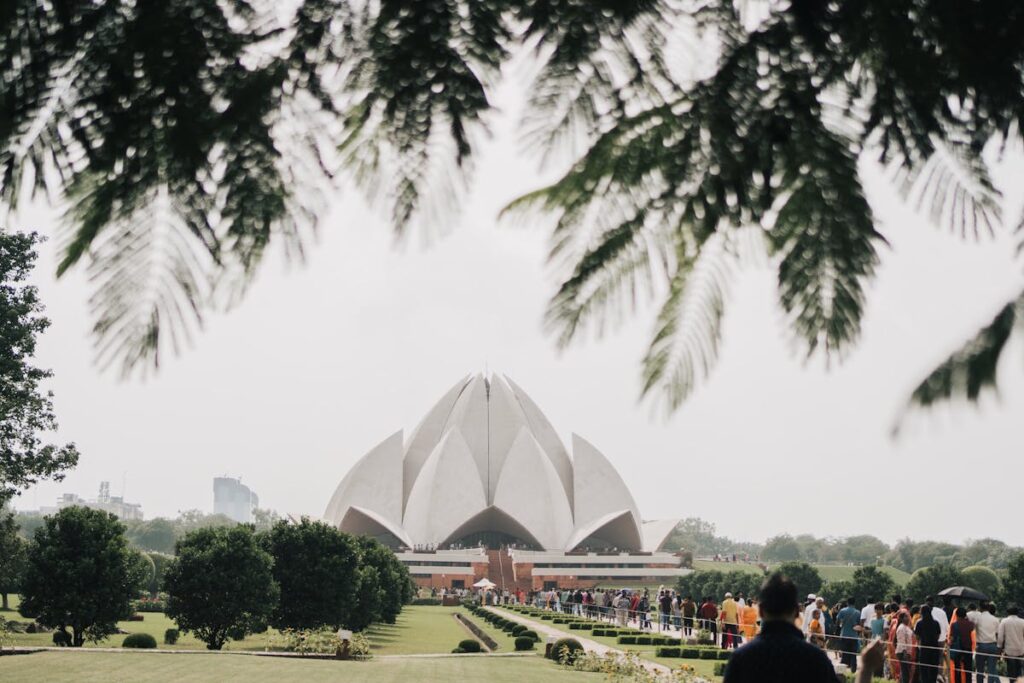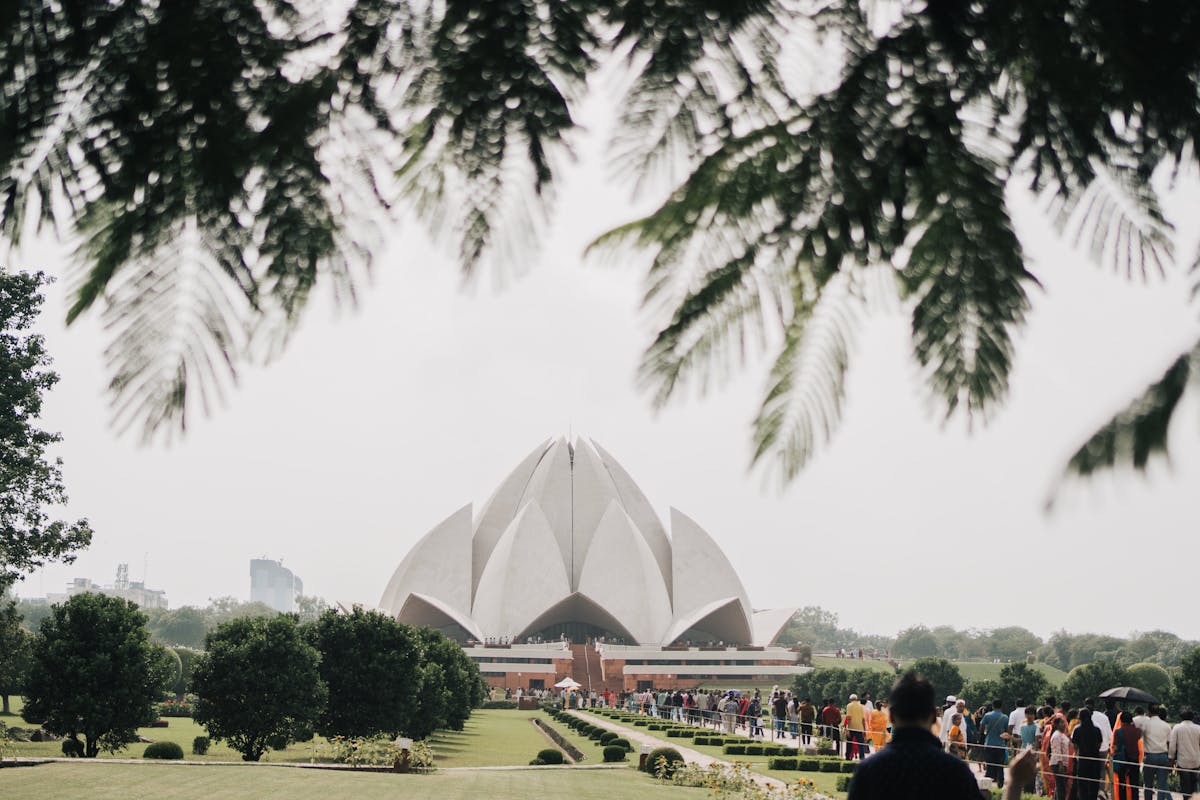
Across the Union Budgets over the past few years, the travel industry has been left disappointed. Apart from two tax reforms and destination development in Bihar and Odisha, the sector did not receive much last year too.
In fact, in February, the global marketing budget was reduced by 97% to just INR 30 million ($361,000), even as the government said that it was focusing on making India a global destination.
Now, as the announcement of the budget for the 2026 financial year is around the corner, players in the travel sector have once again renewed their hopes for an industry status to the sector, especially because travel and tourism are two of the largest industries in India, with a total contribution of about $199.6 billion to the country’s gross domestic product (GDP).
“The travel and tourism sector also contributes over 9% to employment,” said Rajesh Magow, co-founder and group CEO of online travel company MakeMyTrip. According to Magow, the sector is outpacing the overall economy, with domestic tourism growing at a double-digit rate, driven by rising incomes, a burgeoning middle class, and a preference for travel experiences. “Government investments in roads, airports, and railways have been game-changers. We now urge the government to grant us the long-requested industry status which will further encourage investment and development in the hospitality sector,” he said.
Industry status allows opportunity for better property tax calculations, benefits in land allocations, energy costs, and other government benefits. Some states, like Assam, Rajasthan, Uttar Pradesh, and Gujarat have already granted industry status to the tourism sector, but the hope is for it to be broader.
Tax Reforms Wanted
A common request across players is also reforms in the goods and services tax (GST) system.
“Allowing tax credit for hotel construction and rationalizing GST rates will help reduce the overall cost of accommodation, providing a boost to domestic and inbound tourism,” Magow said.
He also reiterated the disparity in GST applied on OTAs. Currently, state-wise GST registration for OTAs requires physical presence in every state, adding to the administrative costs and management overhead. “Since the nature of OTAs business is online, if the registration in different states can be allowed through the central head office address, it will help in streamlining operations, reduce costs, and improve efficiency,” This Magow feels will help put Indian OTAs on a level playing field against international companies who are not bound by similar rules.
The hospitality industry too seeks better GST rules. Tarun Gulati, director at Himalayan Hotels, said, “Indian hotels should be charged zero GST or should be able to receive a GST refund for foreign guests, similar to the benefits given to Indian software companies on exported services. This will encourage inbound tourism and make us more competitive.”
Credit ratings agency ICRA has also called for GST changes in the aviation industry. Kinjal Shah, senior vice president and co-group head, corporate ratings at ICRA called for rationalization in the duty structure of aviation turbine fuel (ATF) and its inclusion under the GST regime.
What Else is on the Wishlist?
Beyond GST reforms and industry status, the sector feels there is much that the government can do in this budget.
Hotelier Gulati said that investment in infrastructure, especially in remote tourist destinations, is crucial for expanding tourism and creating jobs. “Continued support for research and technological innovations, as well as international marketing campaigns, will help position India as a holistic tourism hub, contributing to a robust and sustainable hospitality industry.”
Magow echoed the request for a stronger international campaign, calling for allocation of more resources for the initiative. He also sought support for the growing homestay sector in India. “The government’s clarification in the last budget, stating that any rental income earned by the owner of residential house property shall be treated as ‘income from house property’ instead of ‘business income,’ can adversely impact the growth of homestays,” he said.
For the aviation industry, ICRA expects the budget to continue its focus on the regional connectivity scheme, along with setting up new airports and expanding capacities at some key existing airports. “The budget could focus on incentivizing the maintenance repair overhaul (MRO) sector and push towards building the requisite infrastructure to promote the aircraft leasing business domestically,” Shah said.
There is also hope for the extension of the destination development initiatives. “The union budget should emphasize the development of emerging tourist hotspots,” said Dharamveer Singh Chouhan, co-founder and CEO of hostel chain Zostel.
Here’s what else the industry hopes to get out of the budget:
- Skill and employment development for the industry
- Policy measures to encourage niche tourism segments like wellness, adventure, and heritage tourism
- Allocation of funds for smart tourism solutions for better tourist experience
- Robust environment for promotion of entrepreneurs and local experiences
- Tax benefits for manufacturers of travel accessories

